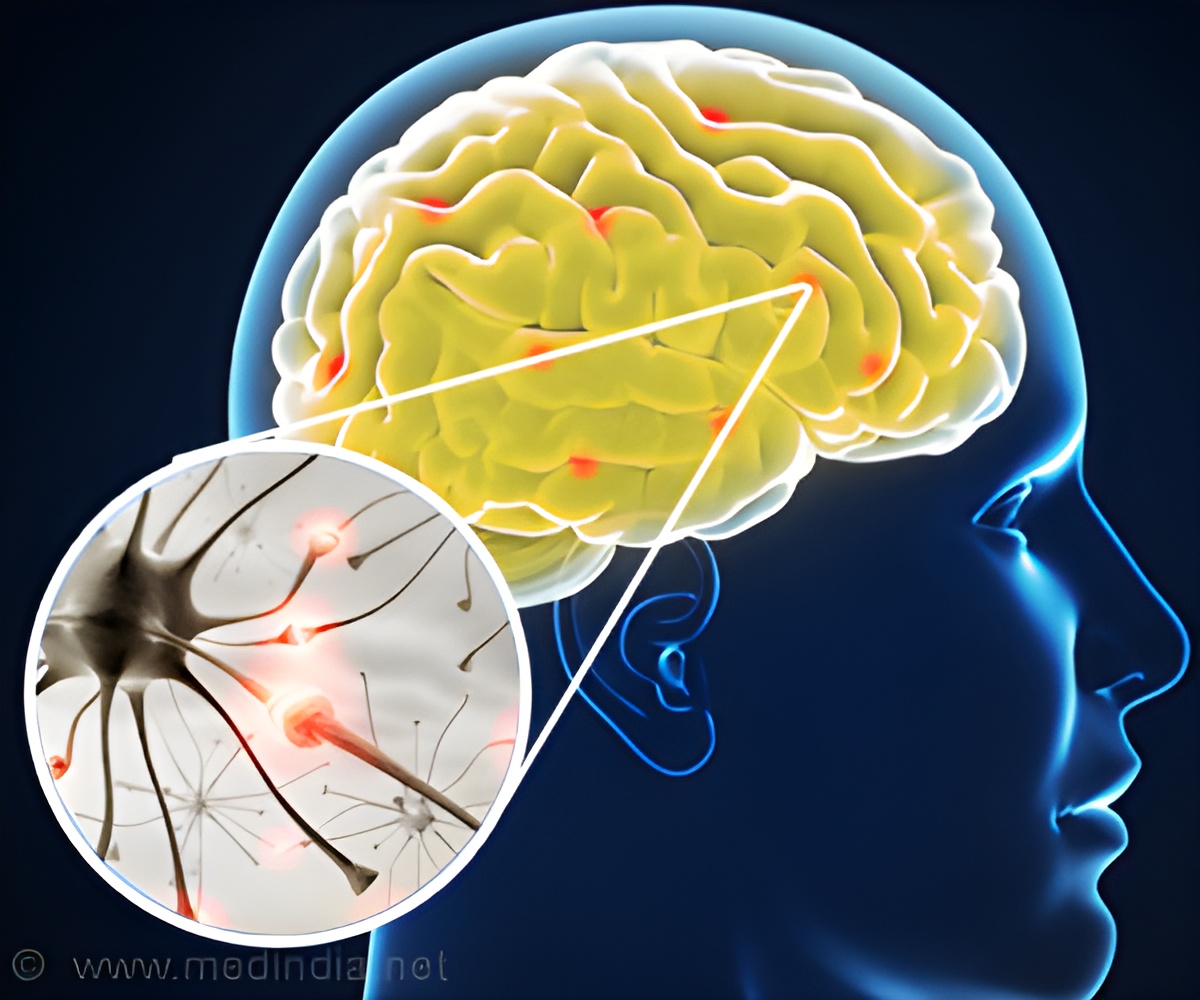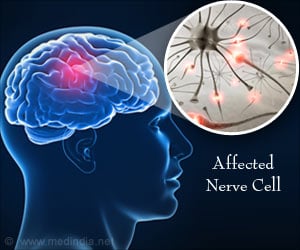New insights on ALS points to a potentially promising treatment strategy where blocking tau molecules may render benefits to ALS patients.

TOP INSIGHT
New insights on ALS (Amyotrophic Lateral Sclerosis) point to a potentially promising treatment strategy where blocking tau molecules (hallmark of Alzheimer’s disease) may render benefits to ALS patients.
The present study thereby provides a better understanding of the mechanisms behind the development of amyotrophic lateral sclerosis (ALS), or Lou Gehrig’s disease, by piecing these bits of information together and thus points to a potential treatment strategy.
ALS and Tau Proteins
Hence, the team examined whether interactions between this abnormal tau with DRP1 might also promote mitochondrial dysfunction in ALS and whether reducing tau could be a novel and promising therapeutic approach to fight the disease.
It was found that the abnormal form of tau is present in brain tissue of ALS patients, and is located where tau is not normally found and interacts with DRP1.
“We demonstrated for the first time that targeting tau with a new class of small molecules that selectively degrade it can reverse the ALS-induced changes in mitochondria’s shape and function, highlighting tau as a potential therapeutic target,” says, Ghazaleh Sadri-Vakili, Ph.D., director of the NeuroEpigenetics Laboratory at the MassGeneral Institute for Neurodegenerative Disease and the Healey Center for ALS at MGH.
 MEDINDIA
MEDINDIA




 Email
Email




